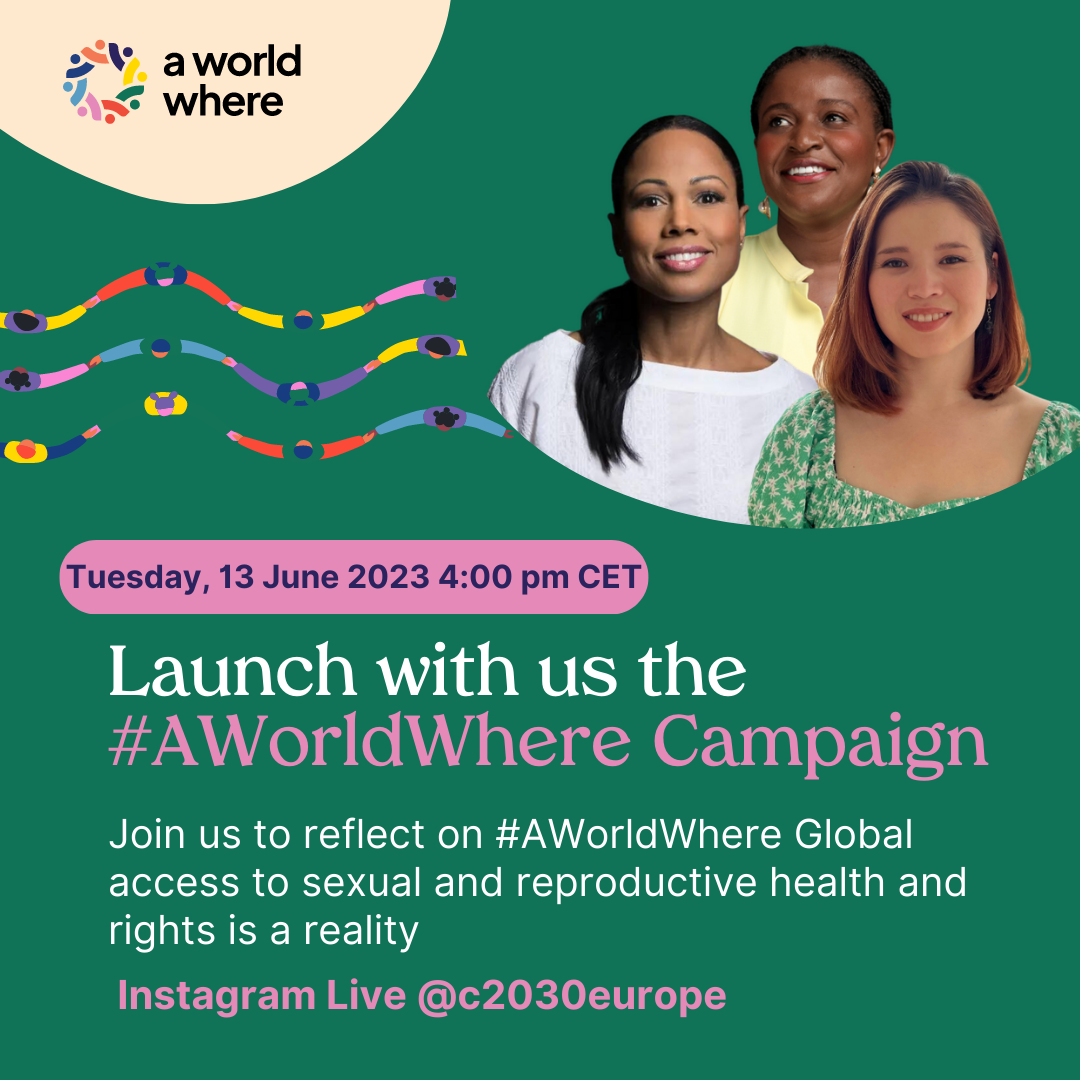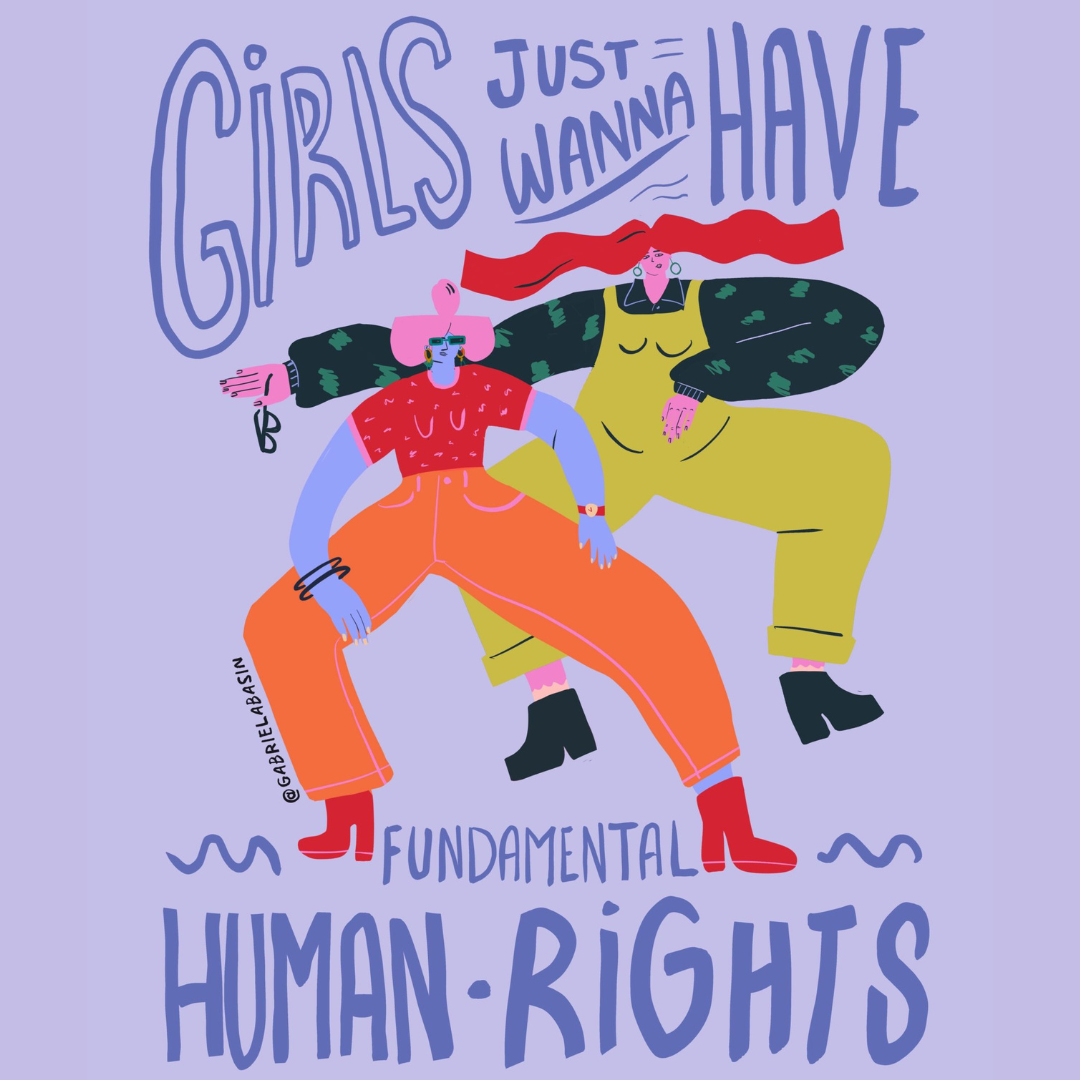The aim of the Summit was to reinvigorate commitment to the International Conference on Population and Development (ICPD) Programme of Action. We are at a crossroad in Europe. It’s never been more critical to ensure a continued progressive voice for Europe on sexual reproductive health and rights, including family planning (SRHR/FP). We are faced with a changing political, economic and financial environment. The European landscape is increasingly affected by rising populism, conservatism and Eurosceptism. So did European donors step up?
All 12 European donor governments and the EU (followed under Countdown 2030 Europe), made a range of financial and policy commitments during the Nairobi Summit.
Some “reaffirmed” pre-existing financial and policy commitments, whereas others took this opportunity to launch new and increased commitments to SRHR/FP globally.
Based on current analysis, four European Donor countries, Norway, Germany, Finland and Denmark as well as the EU made new financial pledges, amounting to approximately $62.3 million USD* additional funding committed to SRH/FP.
Most new pledges focused specifically on increasing core funding to UNFPA in 2019 and 2020. This came from Germany, Finland and Denmark, constituting an additional $22.7 Million USD*.
Norway committed increased funding to eliminate harmful practices, including Sexual and Gender Based Violence (SGBV), which was a strong focus politically and financially throughout their statement. An additional approximate $7.6 million USD was committed by Norway over the period from 2020-2023.
Lastly, the EU announced a new 29 Million Euro (approximately $32 Million USD) funding package to support youth led SRHR programming in Africa, the Caribbean and Pacific (ACP) countries. While this is a new commitment, it is important to mention that original budgeting for this programme took place already in 2014-2015.
European donors overall showed leadership and commitment to reproductive freedom and safety. It was a clear signal to other governments to be more ambitious in their development aid, thus creating a momentum we hope will continue until Beijing+25 next year. Some governments (Sweden, France) and the EU already started advocating for the inclusion of SRHR/FP language in the UN review process of Beijing. France further reaffirmed its commitment to host the Beijing +25 Generation Equality Forum in July 2020, in Paris, and referred to the important inclusion of SRH/FP at the Forum. Denmark also committed to organise with UN Women a Nordic Youth Conference in Copenhagen in May 2020 as part of the preparations for Beijing+25.
Moreover, European governments remain financially committed to the UNFPA, while also endorsing innovative and emerging mechanism, in particular Universal Health Coverage (UHC).
Apart from UHC, several cross-cutting themes emerged, seen as crucial to accelerate the SRH/FP agenda in the coming years:
- Providing life-saving sexual and reproductive care in humanitarian and fragile settings
- Ensuring meaningful youth leadership in development cooperation as key to advance SRH/FP.
Ending harmful practices, including SGVB, particularly in humanitarian and fragile settings, as a key pathway to achieving better access to SRH/FP and gender equality, was clearly a priority on the European agenda (with commitments from Norway, Germany, Belgium, Spain, Denmark, the UK, Ireland and the EU). This was not necessarily the case in previous years.
We now turn to the next phase of the Nairobi process: accountability. For it is only when the commitments made in Nairobi move from rhetoric to practice that we can attest to the value of this process. At Countdown 2030 Europe we will continue to track European donor funding for SRH/FP through our annual funding analysis to ensure commitments made at Nairobi are realised.

*It’s important to note that Finland’s state budget is still under construction and the parliament is yet to announce their agreed increased financial pledge. This will likely be announced in mid-December. Given this, the above estimated total figure does not yet include Finland’s contribution.
See her an overview of the European donor’s commitments made at the Nairobi Summit.
Read Countdown 2030 Europe commitments made at the Nairobi Summit.



